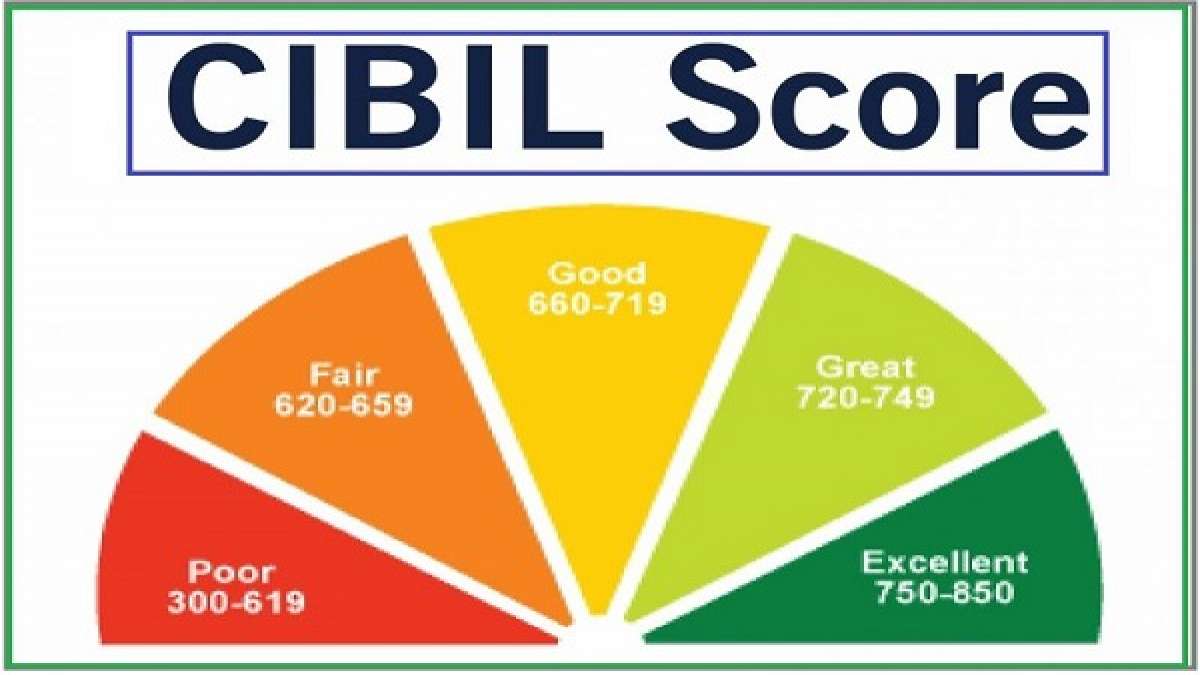Introduction
If you’re living abroad and dreaming of buying a home in India, your CIBIL score can either open the door or keep it locked. Lenders look at this three-digit number before deciding your NRI loan eligibility — and a higher score means better chances of approval, lower interest rates, and smoother paperwork.
In this article, we’ll answer the most common questions NRIs have about improving their credit score. Think of it as your friendly guide to making sure banks say “yes” to your NRI home loan application.
What is a good CIBIL score for NRI loan eligibility?
Generally, lenders prefer a score of 750 or above when checking NRI loan eligibility. The closer you are to 900, the better your chances of getting a home loan for NRI with lower EMIs and flexible repayment terms.
A lower score doesn’t mean you can’t get a loan — it just means you might have to work harder to convince the bank, maybe by providing extra documents or accepting a slightly higher interest rate.
Why does my CIBIL score matter so much for an NRI housing loan?
Imagine you’re the bank. You’d want to make sure the person you’re lending to is reliable with money, right? That’s exactly what your credit score tells them.
A strong score:
- Improves your NRI home loan eligibility.
- Makes approval faster and easier.
- Helps you get a better NRI housing loan interest rate.
- Reduces the need for extra collateral.
How can I check my CIBIL score from abroad?
You don’t have to fly back to India to do this — it’s all online.
Here’s how:
- Go to the official CIBIL website or another RBI-approved credit bureau.
- Fill in your details and your registered Indian mobile number.
- Verify with an OTP.
- Download your report.
How can I improve my CIBIL score for NRI loan eligibility?
Improving your score isn’t magic — it’s about building healthy financial habits over time.
Here’s what works:
- Pay on time, always – EMIs, credit card bills, utility bills.
- Keep your credit usage low – ideally under 30% of your limit.
- Don’t apply for too many loans at once – too many inquiries hurt your score.
- Hold on to old credit cards/accounts – they show a long history of responsible use.
- Check your credit report regularly – fix errors as soon as you spot them.
Do my existing loans abroad affect my NRI home loan application?
Yes, they do. Even if your loans are from outside India, lenders consider them when checking NRI loan eligibility.
What to do:
- Clear smaller debts before applying.
- Keep your debt-to-income ratio below 40%.
- Be transparent with your lender — hiding loans can slow things down.
How long will it take to see results?
You won’t see overnight changes — improving your score usually takes 3–6 months depending on your starting point. The earlier you start, the better your position when you finally apply for your home loan for NRI.
Quick CIBIL Score Improvement Checklist
| Step | Action | Why It Helps |
| 1 | Pay bills & EMIs on time | Builds trust with lenders |
| 2 | Keep usage under 30% | Shows you’re not over-reliant on credit |
| 3 | Avoid multiple loan applications | Prevents score dips from hard inquiries |
| 4 | Fix report errors quickly | Corrects false negatives |
| 5 | Keep old accounts active | Boosts credit history length |
Final Thoughts
Improving your CIBIL score is like preparing for a big job interview — you want to show your best side when the lender evaluates your NRI home loan eligibility. The good news? With consistent habits, you can raise your score and secure better NRI housing loan terms.

